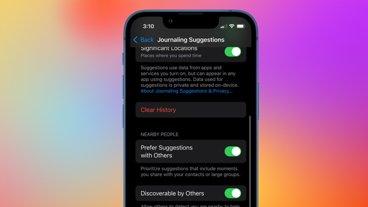Google's $5B antitrust fine similar to Apple's e-book, App Store woes
Apple can tell the folks at Alphabet just how long these cases can drag on, as it has its own experience in such matters.
Google has been fined $5 billion for breaking antitrust rules but this isn't the first time the European Commission has imposed fines on technology firms. It's not even the first time it's fined Google: last month it ordered the company to pay $2.7 billion in a separate case. Aside from the sums involved, these cases also result in protracted legal appeals — and Apple knows all about that.
In 2011, just a year after Apple launched the iBooks Store, it faced a class action lawsuit and antitrust investigations by both the European Commission and the US Department of Justice. It was over whether Apple and various book publishers had colluded over pricing.
That short description hides a storm of contention, though, which is one reason the case went on for as long as it did.
For the iBooks Store, Apple proposed and then implemented what's called the agency model of pricing. Publishers were to set the price of books and Apple would not lower them. It wanted e-books to sell for $12.99 or $14.99, typically higher than on Amazon, and then always take the same 30 per cent cut it does now from the App Store.
In his email negotiations with publishers, Steve Jobs was particularly bruising about how Amazon works. He told James Murdoch of News Corp and publisher HarperCollins that the Kindle system wasn't unsustainable.
"As I see it, [HarperCollins can] keep going with Amazon at $9.99," said Jobs. "You will make a bit more money in the short term, but in the medium term Amazon will tell you they will be paying you 70 per cent of $9.99. They have shareholders too."
HarperCollins was persuaded and agreed to have its books on the iBooks Store along with all the major US publishers. So from January 27, 2010, readers could buy books from the new iBooks Store or from Amazon's Kindle store as they had before.
"Our strong suspicion is that [Apple's plan] was part of a global strategy to restrict competition at retail level and achieve higher prices," European Commission's Joaquin Almunia told The Guardian at the time. "Whatever the publishers' initial concerns about retail prices, dealing with this situation through collusion is not acceptable."
The US Department of Justice similarly seemed to ignore that anyone could choose to buy the cheaper Amazon Kindle versions of e-books. Apple CEO Tim Cook described the whole case as "bizarre."
Ahead of a US court appearance on the case, he said: "We've done nothing wrong there and so we're talking a very principled position on this. We're not going to sign something that says we did something we didn't do. So we're going to fight."
Speaking in response to the European Commission's ruling, most publishers released statements just saying they would comply with the court's requirements. Penguin Books, though, went further and said: "Our position has been — and remains — that we have done nothing wrong."
Penguin was then in the process of being acquired by Random House and said that it was complying for pragmatic reasons. "As a practical matter, we are settling [the case] in the interests of clearing the decks before the new company is established."
While that officially concluded the European Commission's investigation into e-book price-fixing, the similar US Department of Justice one wouldn't end for another five years. In 2016, Apple lost and agreed to pay $450 million.
However, that wasn't the end either for as recently as this May the company was still working to conclude the legal case. Apple has informed shareholders of its plans for compliance and a fairness hearing is scheduled for July 20 — seven years after the case began.
Google is already some years down the line with its most recent case. The European Commission began investigations in April 2015. The issue here was whether the company forced smartphone vendors to install Google apps as a condition of being able to access the Google Play Store.
This wasn't a case of vendors having to install Google's equivalent of Apple's App Store app. It was that they had to also take Google Chrome and Google Search.
Google makes the Android operating system, of course, but many vendors tailor it to differentiate their phones from rivals. With Google, vendors and even cell carriers all having a say in what goes on a particular handset, Android users are typically faced with choosing from multiple different tools that essentially do the same job.
If you have three rival apps on your phone, you are probably going to pick the one you recognize, so Google Chrome and Google Search have an advantage.
That's what the European Commission thinks, claiming that the practice is denying these rivals the chance to innovate.
The previous Google antitrust fine was similarly to do with the company favoring its own products. That time it was specifically to do with search results and promoting its own services for price-comparison shopping.
Google is expected to appeal both cases.
More going forward for Apple
In the meantime, Apple is not clear of legal issues either. Another case begun in 2011 was last month taken up by the Supreme Court. In Apple Inc v. Robert Pepper, the court is examining whether the company has created an unlawful monopoly over iOS apps by requiring them to solely be sold via the App Store.
That's not how the case began, though. Originally Robert Peppe and others claimed that Apple had locked out alternative third-party apps in order to drive up iPhone prices. They also said that Apple had partly stifled competition by signing an exclusivity deal with AT&T, originally the iPhone's sole carrier in the US.
Apple beat that class action in 2014 — but the decision was reversed in 2017.
While Apple is again trying to convince the Supreme Court to dismiss the case, the current complaint has narrowed down to this issue of the App Store.
It's similar to the iBooks situation in that it ignores the fact you can buy apps from other places too — though you have to either jailbreak your iPhone or go buy an Android device.
It's also similar in how this one is going to run and run even longer than it has so far. The Supreme Court is pondering technicalities of law and if it decides to refuses to dismiss it, the case will then go back to a lower court to be argued over.
 William Gallagher
William Gallagher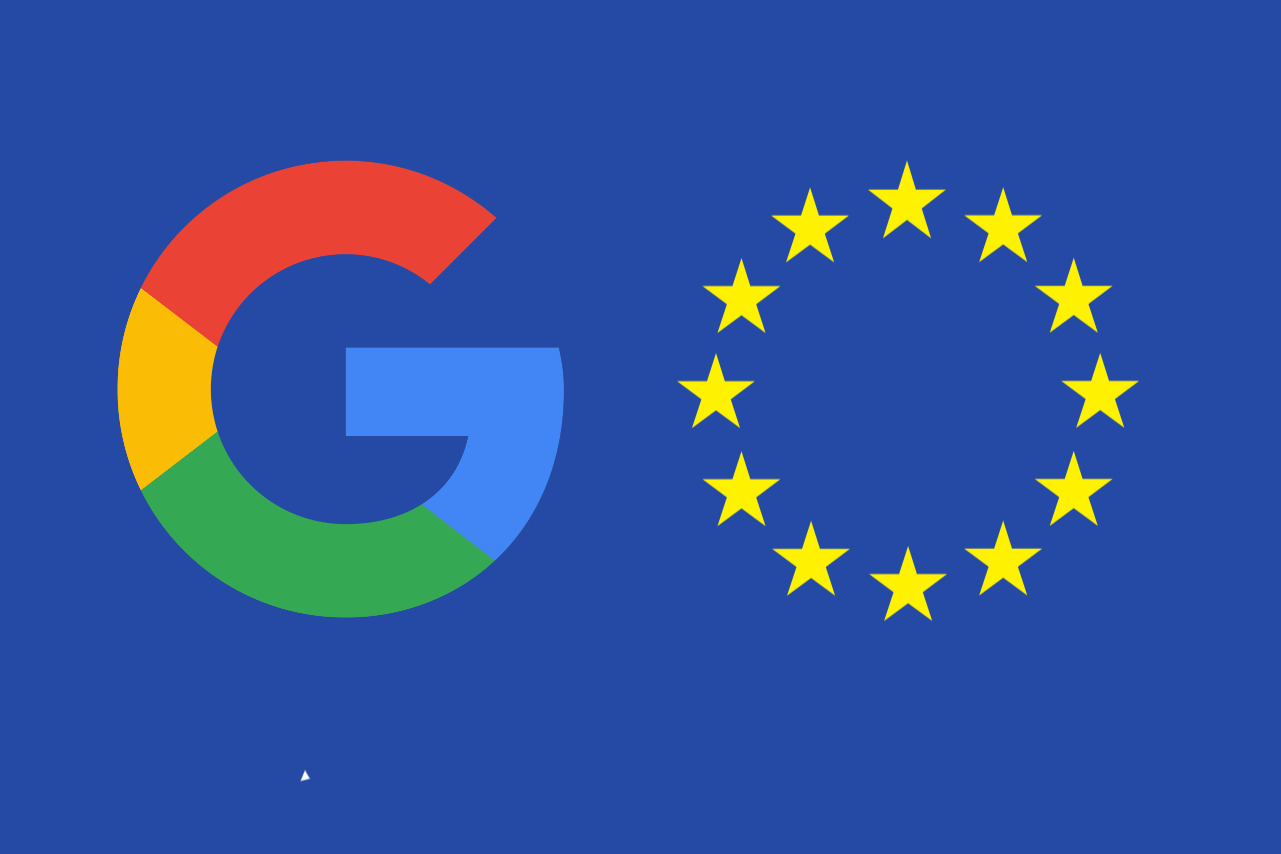
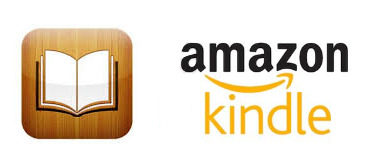
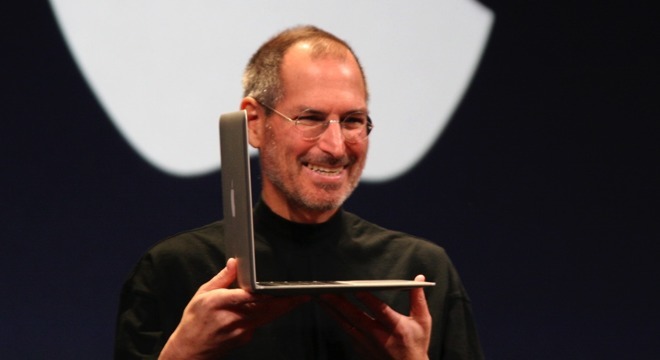
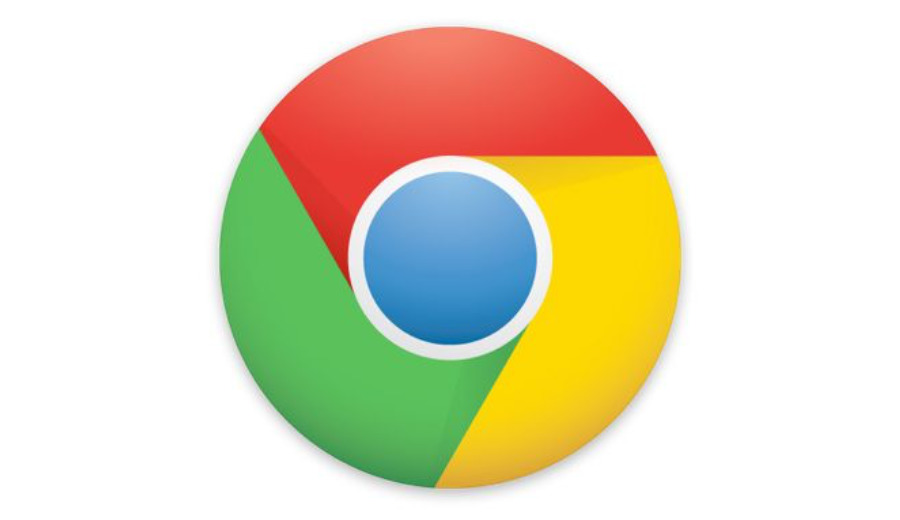


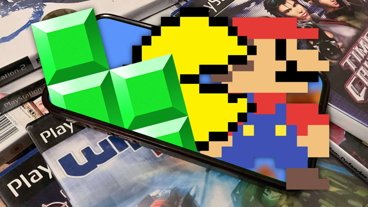

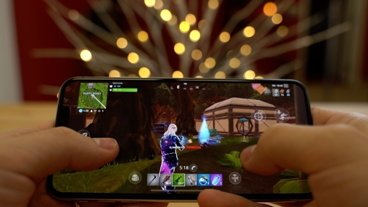





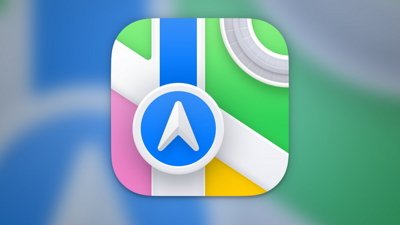
 Chip Loder
Chip Loder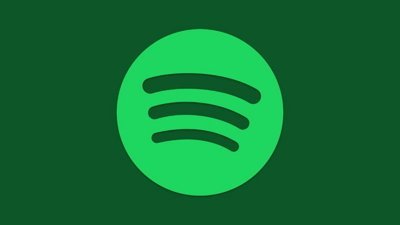
 Andrew Orr
Andrew Orr
 Christine McKee
Christine McKee
 Marko Zivkovic
Marko Zivkovic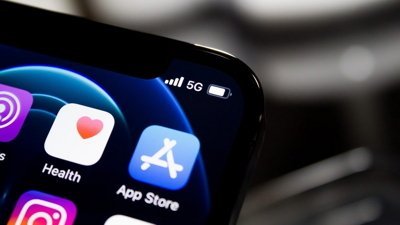
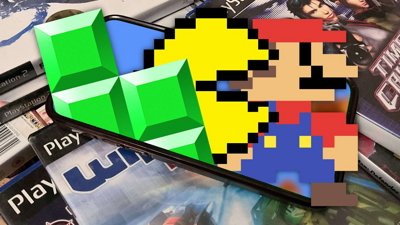
 Mike Wuerthele
Mike Wuerthele





